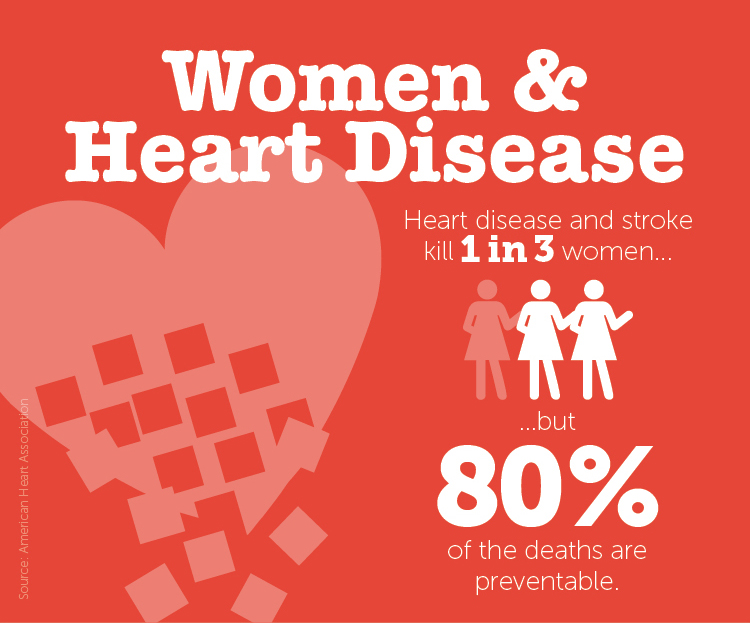
OTTAWA, ON, Feb. 10, 2023 – Physical activity, healthy eating and tobacco cessation can help improve our quality of life and reduce the risk of developing cardiovascular disease and other chronic diseases. It is important that everyone living in Canada, especially those who are socially and economically marginalized, have the support they need to adopt and maintain healthy behaviours.
Today, Yasir Naqvi, Member of Parliament for Ottawa Centre, announced on behalf of the Honourable Jean-Yves Duclos, Minister of Health, a total of $568,106 to the University of Ottawa Heart Institute for a cardiovascular disease prevention and care network to improve the heart health of women. The women’s cardiovascular disease (CVD) prevention and care network, led by the Canadian Women’s Heart Health Centre will collaborate to improve the awareness of risk factors that disproportionately or uniquely affect women – for example, certain pregnancy-related conditions, autoimmune rheumatic diseases, and menopause. Understanding this, the network will look to systematize processes for prioritizing and tailoring screening, assessment, diagnosis, and treatment of CVD and its risk factors in women. The project is receiving funding through the Public Health Agency of Canada’s (PHAC) Healthy Canadians and Communities Fund (HCCF).
«Heart health is a critical issue that is taking the lives of Canadian women at an alarming rate,» said Yasir Naqvi, Member of Parliament, Ottawa Centre. «Better prevention, diagnosis, and treatment are essential to improving women’s health from coast to coast to coast. That’s why I’m pleased to see our federal government investing in better heart health for women across our community and country.»
«Supporting healthier life choices is critical to preventing cardiovascular disease. Our government is committed to improving the health and quality of life of everyone living in Canada,» stated the Honourable Jean-Yves Duclos, Minister of Health. «Through the Healthy Canadians and Communities Fund, we continue to work with partners, like the University of Ottawa Health Institute, who are helping to reduce the risk of chronic diseases among women across the country.»
«Women’s heart health is a critical issue in Canada, and yet women everywhere are largely unaware when it comes to their heart and vascular health,» said Dr.Thierry Mesana, President and CEO, University of Ottawa Heart Institute. «The Canadian Women’s Heart Health Centre and its national alliance are proud to celebrate the fifth anniversary of Wear Red Canada, a campaign that grows bigger and reaches farther every year.»
«Any step toward closing the gaps to ensure women are as well-informed and well-cared for as men is a giant leap forward,» said Dr.Thais Coutinho, Chair, Canadian Centre for Women’s Heart Health. «We want to see more women living longer, healthier lives; more women being proactive about the management of their heart health; more women who can identify their risk factors and prevent heart and vascular disease; and more women who can identify the signs and symptoms of heart disease before it is too late.»
PHAC is also supporting community-based initiatives to improve health behaviours and address health inequalities among priority populations at greater risk of developing chronic diseases. The Government of Canada will continue to work with community partners to ensure that everyone in Canada can lead a healthy life.
Quick Facts
- Research shows that 44% of adults in Canada live with at least one chronic disease, such as heart disease, hypertension, cancer, or diabetes.
- Obesity rates have been slowly increasing over the last 20 years for both male and female youth, and physical activity and fruit and vegetable consumption have been decreasing.
- Funding announced today is being distributed through the Public Health Agency of Canada’s Healthy Canadians and Communities Fund (HCCF) which supports projects that aim to lower Canadians’ risk of chronic disease by tackling common modifiable risk factors, namely unhealthy eating, smoking, and physical inactivity.
- The HCCF invests approximately $20 million annually and leverages additional funding from partners to support projects that focus on behavioural risk factors, including physical inactivity, and less nutritious patterns of eating and tobacco use that are associated with the major chronic diseases of diabetes, cardiovascular disease and cancer.
Associated Links
SOURCE Public Health Agency of Canada